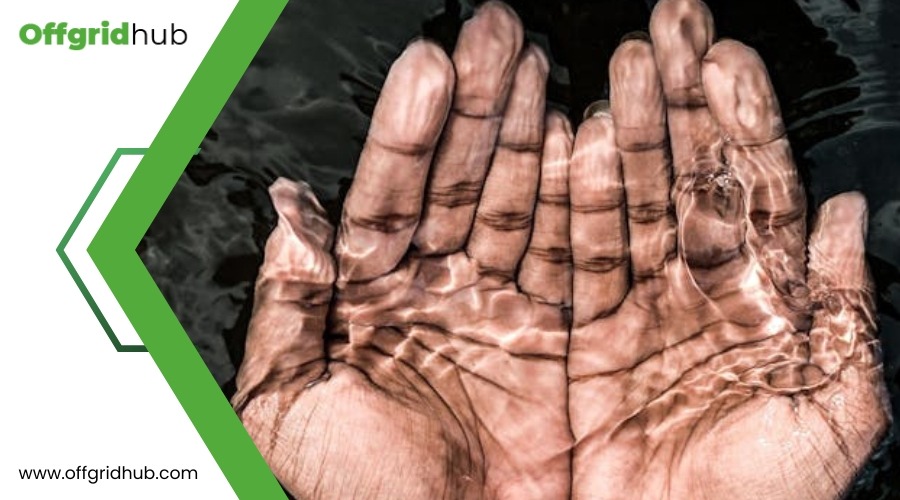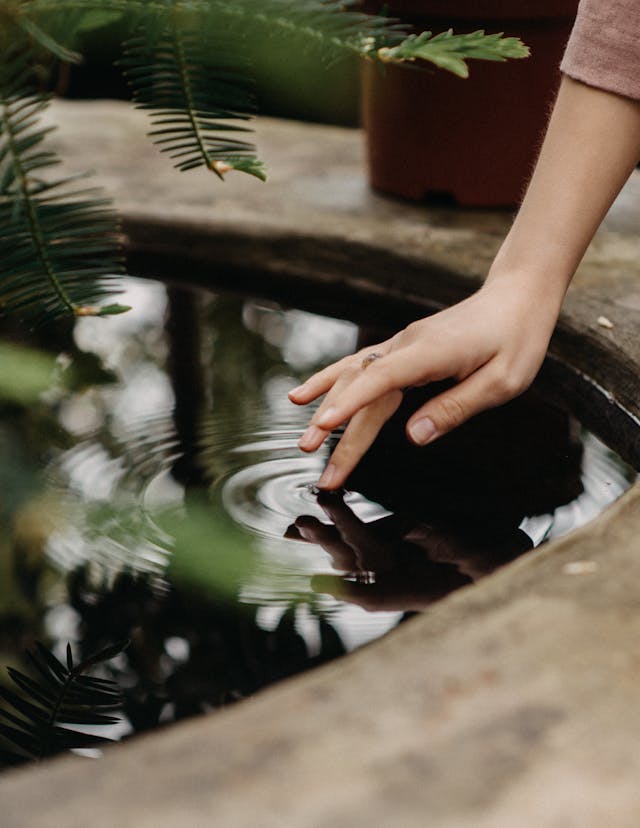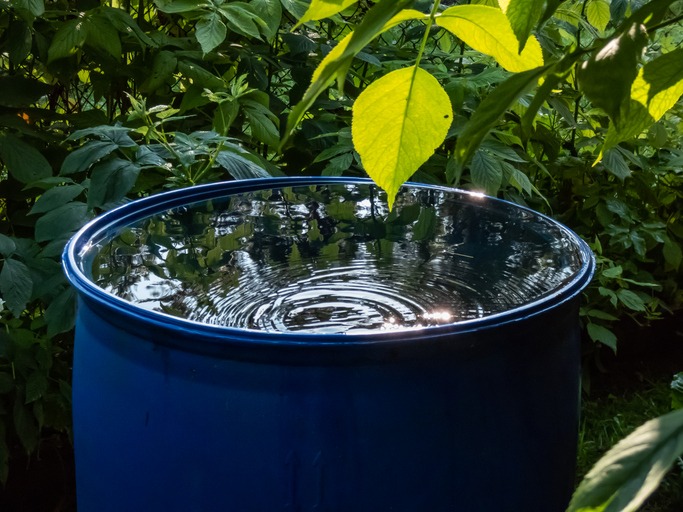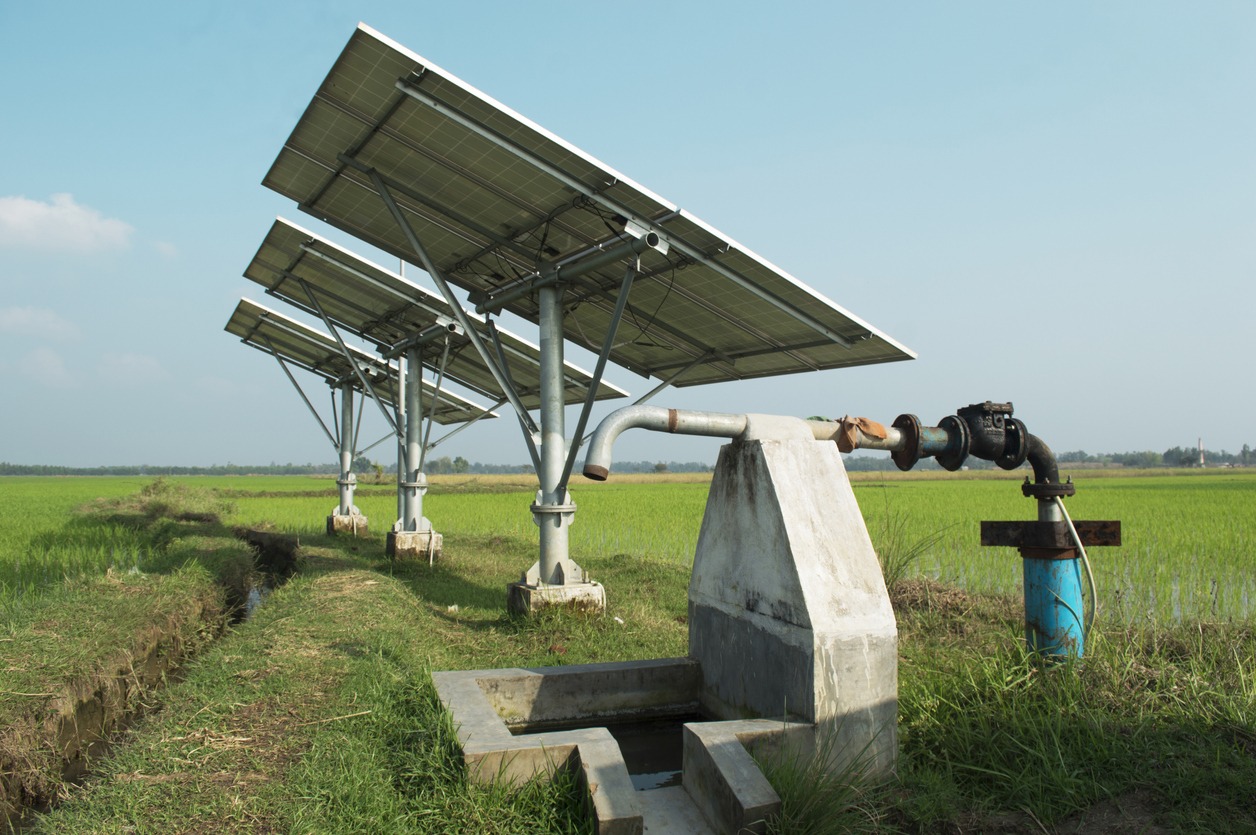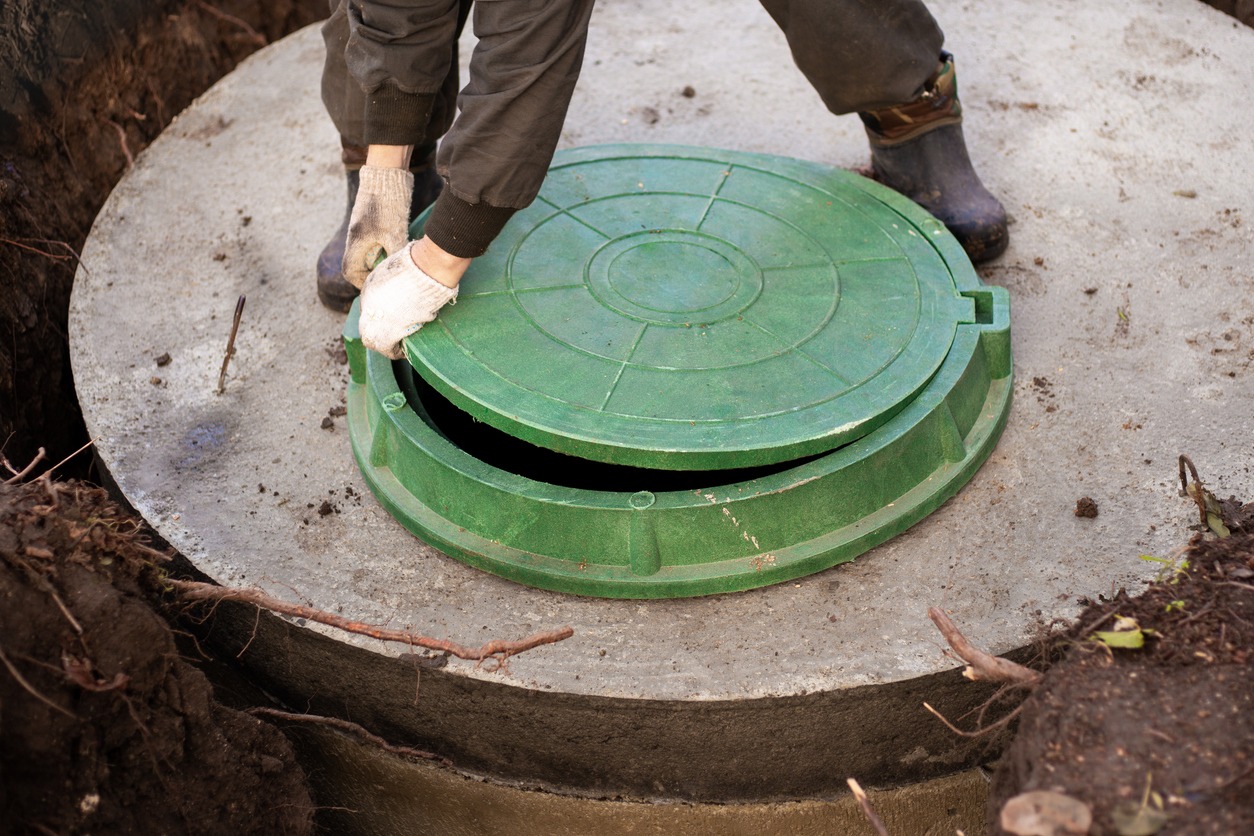Embarking on an off-grid lifestyle means you’re stepping away from the conveniences of modern infrastructure, especially when it comes to your water supply. You’ll need to identify a reliable source, whether it’s capturing rainwater, drawing from a stream, or tapping into groundwater through a well. But sourcing is only half the battle; treating your water to make it safe is equally crucial. Techniques like filtration, purification, and ensuring safe storage are paramount.
As you navigate these waters, you’ll find that the journey toward self-sufficiency is both challenging and rewarding. Curiosity about how to seamlessly integrate these systems into your off-grid life might just be the nudge you need to explore further.
Identifying Off-Grid Water Sources
When looking for water off-grid, you’ll find options such as natural springs, wells, and rainwater collection systems. These sources each have their unique benefits and considerations, especially when it comes to safety and sustainability.
Well water, tapping into groundwater, often presents a viable solution. Groundwater, accessed through deep wells, is typically more protected from contamination than surface water, making deep wells a safer choice for off-grid water sourcing.
However, not all wells are created equal. Shallow wells or springs, while still more protected than surface water sources, carry higher contamination risks. It’s crucial to assess the depth and location of your well or spring to mitigate these risks.
Rainwater collection offers another avenue for sourcing water off-grid. This method captures and stores water directly from rainfall, bypassing the need for groundwater or surface water sources.
Regardless of the source you choose, water treatment is an essential step to ensure safety. Contamination risks vary across different off-grid water sources, making it imperative to implement suitable water treatment methods. This preparation ensures your off-grid water supply isn’t only sustainable but safe for consumption.
Storing Your Water Safely
Having explored various off-grid water sources, it’s crucial to focus on how you’ll store that water safely. Off-grid systems, whether you’re using rain barrels or cisterns, offer a reliable water source for household use. But the key to maintaining water safety is ensuring your water storage methods are up to par.
Rain barrels are a popular choice, collecting rainwater that can be used for various household tasks. However, the cleanliness of the containers you use for storing water can’t be overstated. It’s essential to store water in clean containers to prevent contamination and safeguard your health. This practice ensures the stored water remains safe for consumption and use.
Cisterns, capable of holding larger quantities of water, are invaluable for off-grid systems, particularly during dry spells or emergencies. They underscore the importance of having a reliable water source that’s readily available when needed. Moreover, proper water storage practices are critical in maintaining water quality.
Filtration and Purification Methods
To ensure your off-grid water supply is safe for consumption, you’ll need to delve into various filtration and purification methods. UV purification, for instance, is a game-changer for rainwater, using ultraviolet light to zap harmful microorganisms effectively. If you’re tapping into groundwater, be prepared to tackle sediments like sand and silt through pre-filtration before clean water emerges via reverse osmosis.
Activated carbon filtration shines when it comes to yanking chemicals and heavy metals out of potentially contaminated sources. Remember, different water sources, from hot tubs to lakes, come with their unique contaminants, requiring specific purification strategies to ensure safety.
For those of you keen on DIY filtration methods, there’s good news. Boiling, adding calcium hypochlorite, or utilizing solar disinfection (SODIS) can be highly effective for off-grid water systems. These approaches aren’t just practical; they’re also adaptable, allowing you to respond to the specific contaminants lurking in your water supply. By understanding these methods, you’re well on your way to securing a safe and reliable off-grid water system, free from the worries of undrinkable water.
Powering Your Water System
Choosing the right power source for your off-grid water system is crucial to ensure its efficiency and reliability. The location of your water source, alongside considerations for energy efficiency and system reliability, plays a significant role in determining the most suitable power option. Off-grid water systems have various power sources, each with its advantages.
Here are three popular options:
- Solar panel water pumps: They’re a favorite for many due to their use of renewable energy. These pumps harness sunlight to power water distribution, making them both sustainable and cost-effective in the long run.
- Gravity-fed systems: Utilizing the natural force of gravity, these systems move water without the need for electricity. They’re ideal when your water source is at a higher elevation than your usage point, offering a simple yet effective solution.
- Manual pumping: Perfect for emergency situations or as a backup, manual pumps ensure you have access to water even when other power sources are limited or unavailable.
Each of these options has its place in off-grid water systems, depending on your specific needs and the unique characteristics of your water source location. Prioritizing renewable energy and energy efficiency not only supports system reliability but also contributes to a more sustainable living environment.
Managing Waste Water Efficiently
While powering your water system is crucial, it’s equally important to address how you’ll manage waste water efficiently in an off-grid setting. Off-grid living requires you to think critically about how to source, treat, and manage water, including the often-overlooked aspect of waste water disposal. Two common methods to manage this efficiently are septic systems and gray water pits.
| Method | Suitable For | Compliance Needed |
|---|---|---|
| Septic Systems | Regular indoor toilets | Yes, with local regulations |
| Gray Water Pits | Composting toilets or outhouses | Varies by locality |
Septic systems are a must for handling waste water from regular toilets, ensuring that you’re in compliance with local regulations. On the other hand, gray water pits offer an eco-friendly way to dispose of non-toilet waste water, such as from sinks or showers, especially when using composting toilets or outhouses. Regardless of the method you choose, it’s vital to stay informed about and comply with local regulations to manage your off-grid waste water responsibly. Proper setup and ongoing maintenance of these systems are key to sustainable living and ensuring that your off-grid adventure is both enjoyable and environmentally friendly.
Conclusion
In conclusion, sourcing and treating water off-grid requires careful planning and execution. You’ll need to identify a reliable water source, store it safely, and employ effective filtration and purification methods.
Powering your system off-grid might seem challenging, but with the right approach, it’s entirely feasible. Don’t forget the importance of managing wastewater efficiently to ensure a sustainable living environment. By following these steps, you’re well on your way to securing a dependable water supply off the grid.
